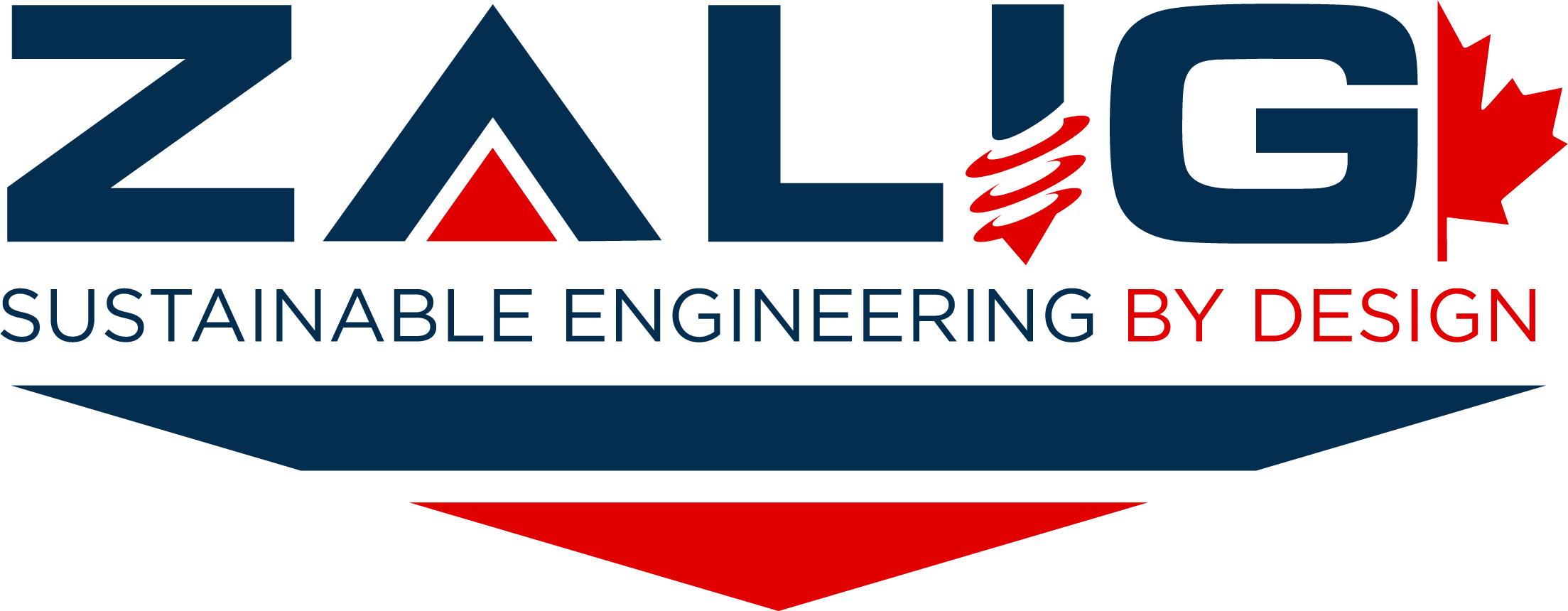- Boreholes Spacing
Geotechnical boreholes are an important tool used in the construction industry to gather information about the soil and rock conditions beneath a construction site. The spacing of these boreholes can have a significant impact on the cost and accuracy of geotechnical investigations, which in turn can affect the construction public tenders process.
One of the main impacts of borehole spacing is on the accuracy of the geotechnical data obtained. If the boreholes are too far apart, there may be large variations in the soil and rock conditions between them, leading to less accurate data and potentially leading to design and construction issues. On the other hand, if the boreholes are too close together, the cost of drilling them may be unnecessarily high, leading to higher construction costs and potentially affecting the competitiveness of a construction public tender.
One solution to this problem is to use a risk-based approach to borehole spacing. This involves considering the potential risks and uncertainties associated with the soil and rock conditions at the construction site and spacing the boreholes accordingly. For example, in areas where the soil and rock conditions are known to be highly variable, it may be necessary to drill more boreholes to ensure that the data obtained is accurate. On the other hand, in areas where the soil and rock conditions are more consistent, fewer boreholes may be needed.
Another solution is to use advanced geotechnical techniques, such as geophysics or geotechnical modeling, to supplement the data obtained from boreholes. These techniques can provide additional information about the soil and rock conditions beneath the surface, which can help to improve the accuracy of the geotechnical data and reduce the need for additional boreholes.
In conclusion, the spacing of geotechnical boreholes can have a significant impact on the construction public tenders process, particularly in terms of the accuracy and cost of geotechnical investigations. By using a risk-based approach and supplementing borehole data with advanced geotechnical techniques, it is possible to optimize borehole spacing and reduce the impact on construction costs and competitiveness.
At ZALIG, we offer a wide range of quality geotechnical, environmental, material testing, transport, survey and hydro-technical engineering services to clients in both the public and private sectors. Operating from our base in Western Canada, our industry-leading experts set the pace in various geotechnical, environmental, and construction service markets. If you need geotechnical engineering services in Alberta, we've got you covered! Get in touch with us today and let's talk about your project!
